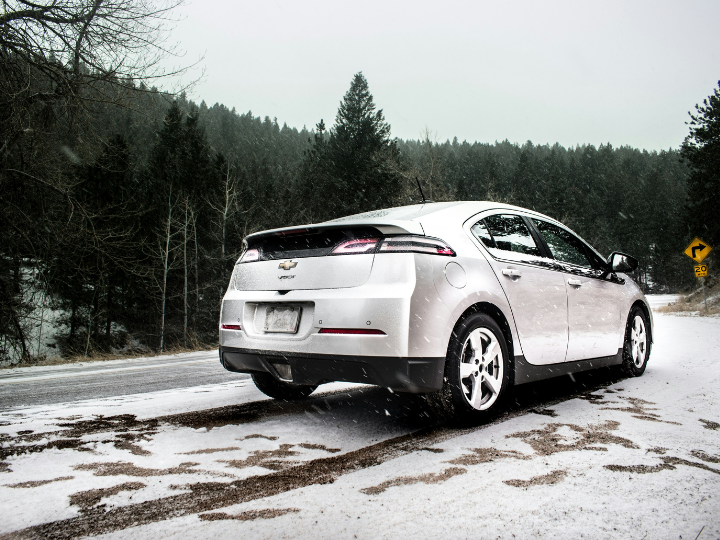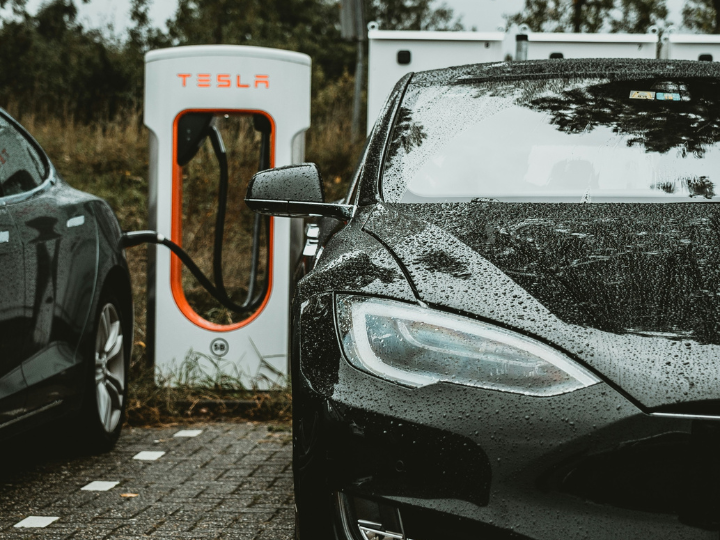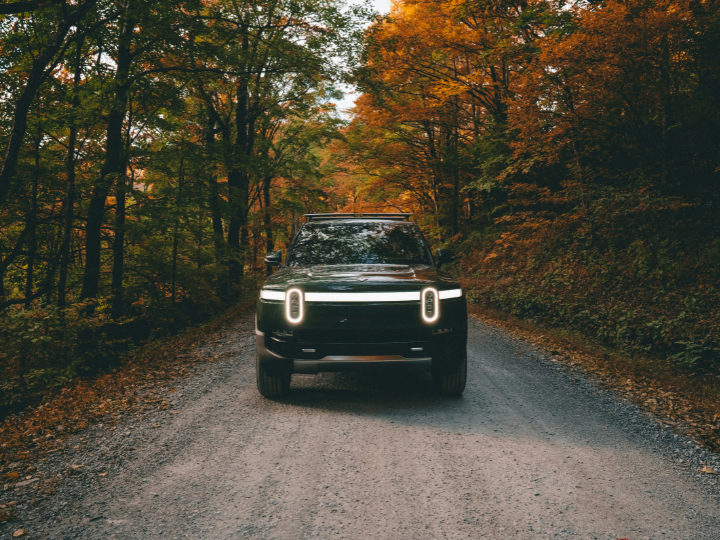As winter approaches, electric vehicle (EV) owners might wonder how their cars will perform when the temperature drops. While EVs are a fantastic choice for year-round driving, winter brings unique challenges for both EVs and gas-powered cars. Understanding how cold weather affects EV performance can help you stay prepared and make the most of your vehicle during winter.
Cold Weather Effects on EV Batteries
The cold has a significant impact on the performance of electric vehicle batteries. As temperatures fall, the chemical reactions in lithium-ion batteries slow down, leading to a temporary reduction in range. Studies show that cold weather can reduce an EV’s range by as much as 20-30%, depending on how severe the temperatures are. Additionally, heating the cabin and keeping the car warm while parked can draw extra power, further reducing efficiency.
To counteract these effects, it’s helpful to precondition your EV while it’s still plugged in. By warming up the cabin and battery before you hit the road, you can minimize the strain on the battery while driving.
Benefits of Winter Tires for EVs
One of the best ways to prepare your EV for winter driving is to equip it with winter tires. Winter tires are designed to maintain flexibility in freezing temperatures, offering better grip and traction on snow and ice. This is essential for all vehicles but especially beneficial for EVs, which tend to be heavier due to the battery weight. The extra grip ensures better handling and improved safety in icy conditions.
In regions with significant snowfall, switching to winter tires can improve the overall performance of your EV, allowing it to handle more like a traditional gas-powered car in the snow.
Charging Habits in Cold Weather
Winter weather not only affects driving range but also charging efficiency. Charging times may be slower in cold weather, especially if the battery is too cold. Many EVs come with battery heating systems, but it’s important to plan ahead and allow for slightly longer charging sessions during the winter.
Experts suggest keeping your battery charge between 20-80% during cold months to protect battery health and ensure enough power for daily use. If possible, charging your EV overnight in a heated garage can further optimize the charging process.
Comparing EV and Gas-Powered Vehicle Performance in Winter
When comparing EVs to gas-powered vehicles in winter conditions, there are pros and cons for both.
EV Performance: As mentioned, EVs lose range in cold weather, but they have one advantage over gas vehicles—instant torque. EVs deliver power directly to the wheels, which can provide smoother acceleration and better control in icy conditions. Paired with winter tires, EVs can be quite stable in winter driving situations.
Gas-Powered Performance: While gas vehicles don’t suffer the same range issues as EVs, they can take longer to warm up in the winter, and drivers may face difficulties starting the engine in extreme cold. Gas cars also require antifreeze and other winter-specific maintenance that EVs don’t.
Overall, both EVs and gas-powered cars face winter challenges, but EVs are more predictable in their performance once you understand how to manage cold-weather effects on the battery.
EV Insurance Considerations for Winter
Owning an EV means you might want to take a closer look at your insurance coverage, especially in winter when driving conditions can be more hazardous. Many insurance providers offer specific EV insurance policies that consider the value of your battery, charging equipment, and specialized repairs. Be sure to check if your policy includes these protections to avoid unexpected costs during the winter months.
_
Whether you’re driving an electric or gas-powered vehicle, winter preparation is key to staying safe on the roads. By using winter tires, adjusting your charging habits, and being mindful of the reduced range, EV owners can enjoy smooth and reliable performance even in the coldest months.
Source: Photo by Colton Sturgeon on Unsplash











